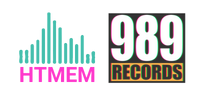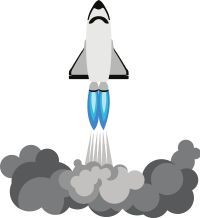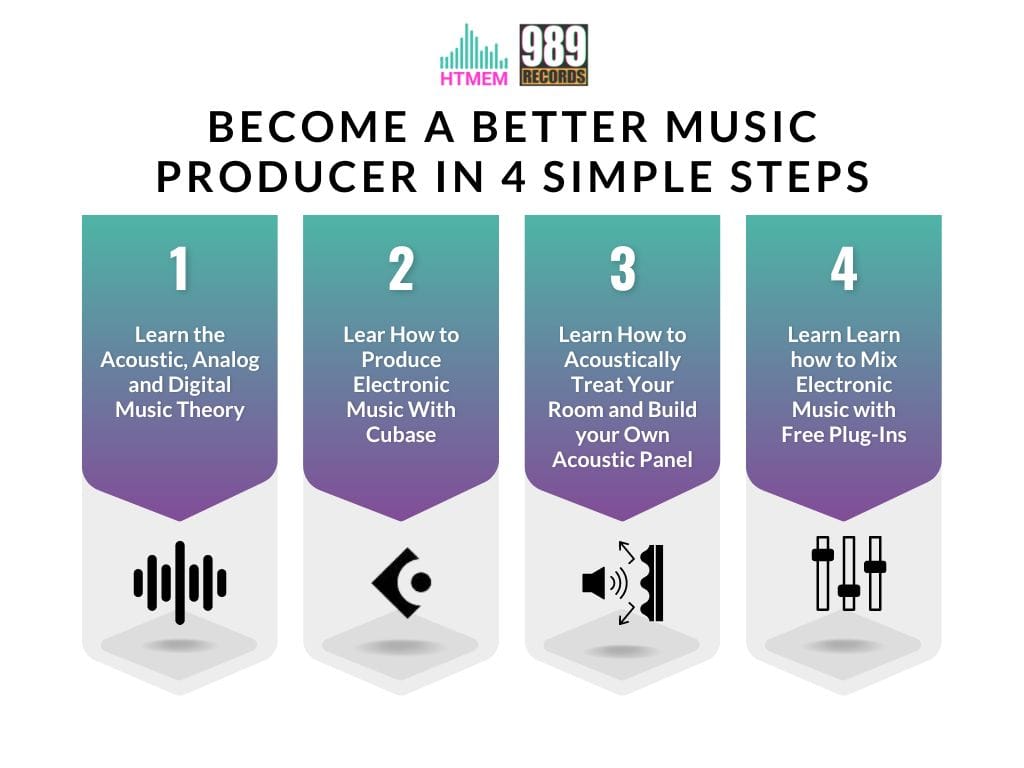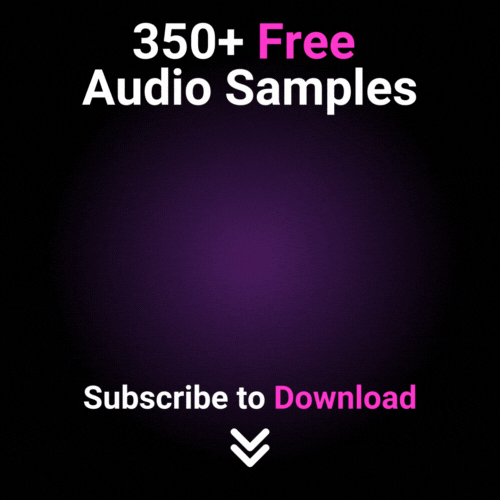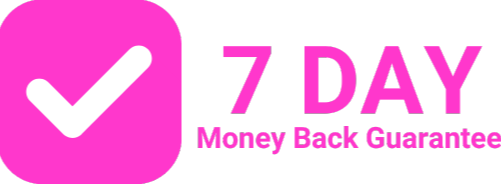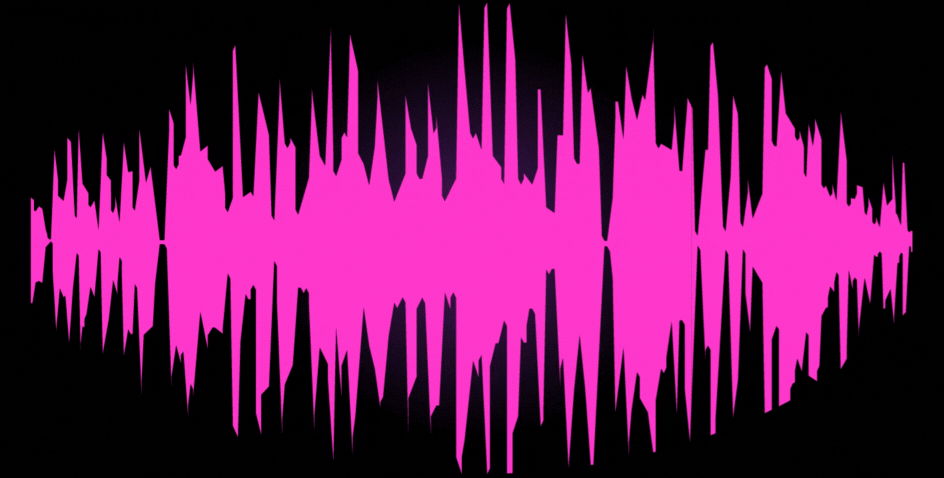For those seeking high-quality, free Cubase tutorials, is worth checking out the HTMEM YouTube Channel.
But if you want to master Cubase and elevate your music production skills, consider enrolling in our Steinberg Certified Cubase course where, in under 10 hours, you'll learn how to produce your music, navigate the interface, utilize plugins, and discover valuable tips and tricks to enhance your workflow and music production.
This comprehensive training will allow you to get the most out of your recordings and produce music like a professional, in no time.

Getting Started with Cubase
Steinberg Cubase is considered one of the market's best Digital Audio Workstations (DAW). However, due to the program's complexity, starting production or recording music with any DAW may be complicated and frustrating.
Cubase Beginner tutorials are a great way to start understanding the software. However, seeking videos and tutorials on the net without a precise and logical learning path can lead to great confusion.
You might miss out on vital program configuration advice, expert insights, and essential aspects of musical or digital theory that can enhance your music production and recording in Cubase. Additionally, you could overlook valuable tips and tricks to streamline your daily workflow.
Therefore, it's advisable to enroll in a professional course, even if you already possess some familiarity with the program. A structured course can accelerate your learning process, granting you a comprehensive understanding of the software's key features and capabilities, thereby enhancing your creative potential.
Moreover, the course we offer is made by a Steinberg Certified Trainer and, in less than 10 hours, you will be able to produce music, use equalizers, MIDI, virtual instruments, compressors, automation, and much more.
And, if you're just starting on your musical journey, there's no need to purchase software right away: you can take advantage of the free 60-day trial offer or rent the software on Splice.
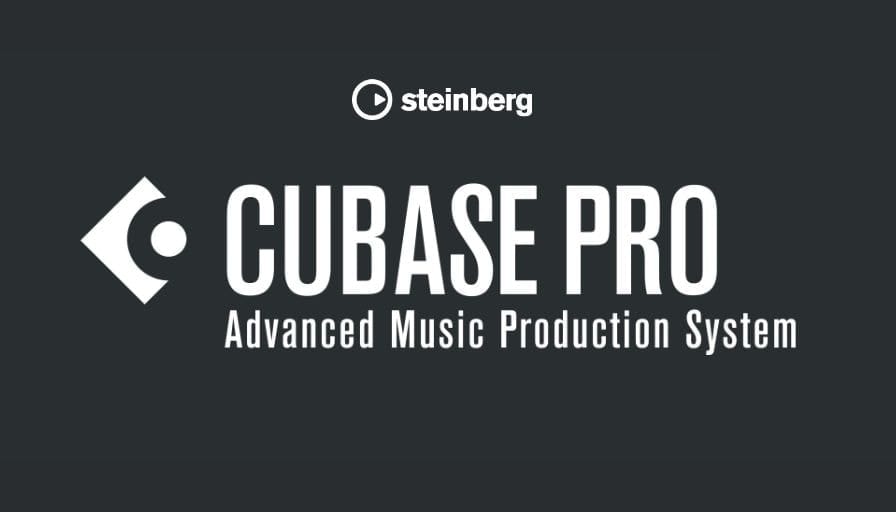
What is Cubase and its Importance in Music Production
Cubase is a DAW: you can think of a DAW as a virtual recording studio, equipped with all the outboards and instruments ready to produce and record music.
Cubase is capable of recording, processing, and editing both MIDI and audio signals. Thanks to a great selection of virtual instruments included, you can elevate the quality of your music with professional pre-made presets and sounds.
In addition, the DAW is equipped with advanced editors for vocal alignment, pitch correction, adding harmonization, or aligning the timing of multiple vocal takes in just a click.
The MIDI editor is probably the most advanced editor on the market with scoring functions, chord progression assistant, scale assistant, and many tools to enhance the composition process. If this isn't enough for you, Cubase is also equipped with a powerful score editor.
Since the smaller Cubase versions, a highly comprehensive suite of plugins—including reverbs, delay, saturation, analysis tools, limiters, compressors, and many other processors—has been included, enabling you to refine your music with professional-grade tools.
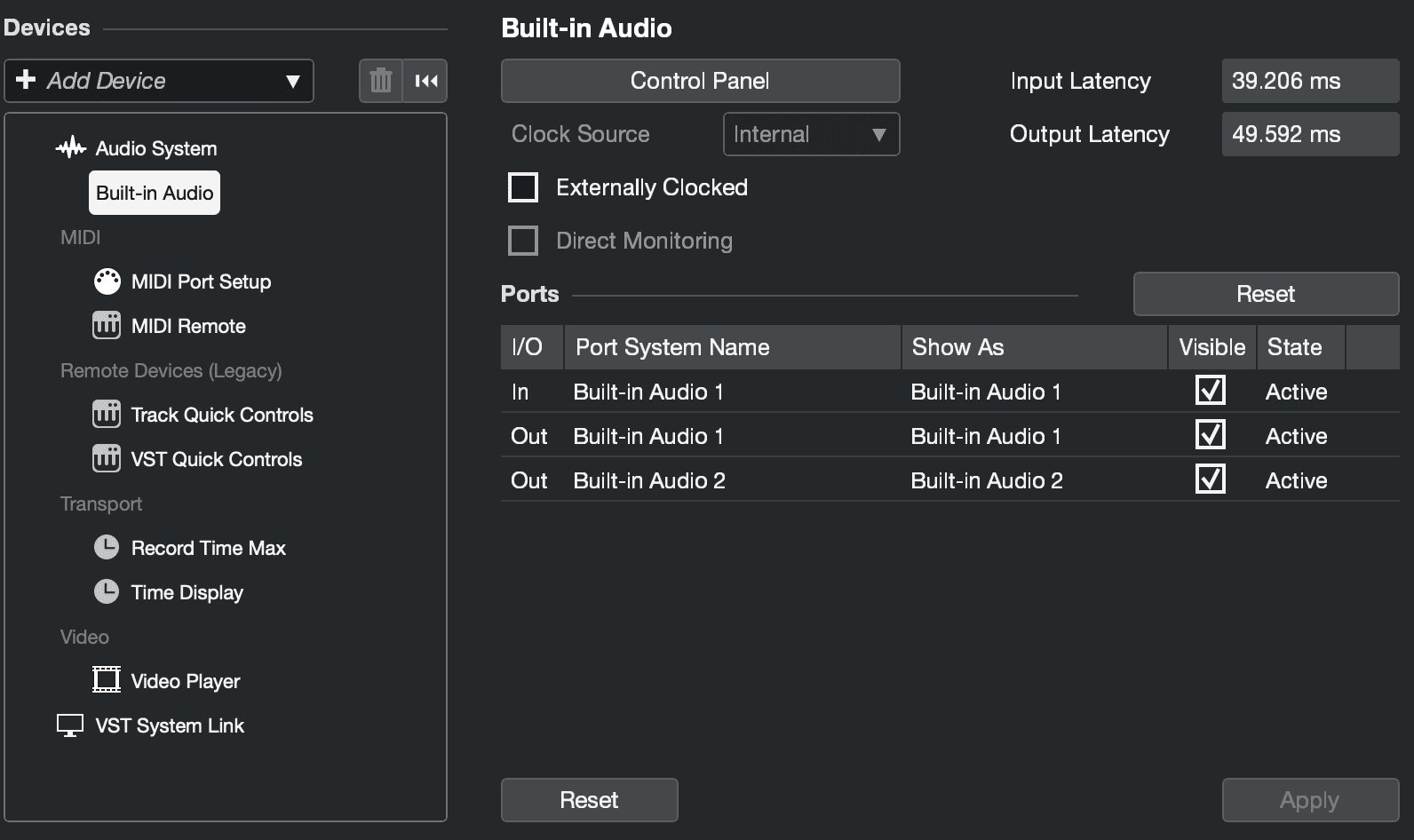
Setting Up Cubase
Just as you first mastered balancing as a child, then progressed to walking and then running, learning to use recording software like Cubase follows a similar path.
This is why the initial section of our course is designed to guide you through:
How to Download and install the software
How to Create a New Project
Understand the Project Folder
Comprehend the Context Menu
How to Setup Cubase Projects
Configure Audio Driver
Setup Audio Busses
Once you have completed these steps, you will be ready to begin recording or producing your music from scratch.
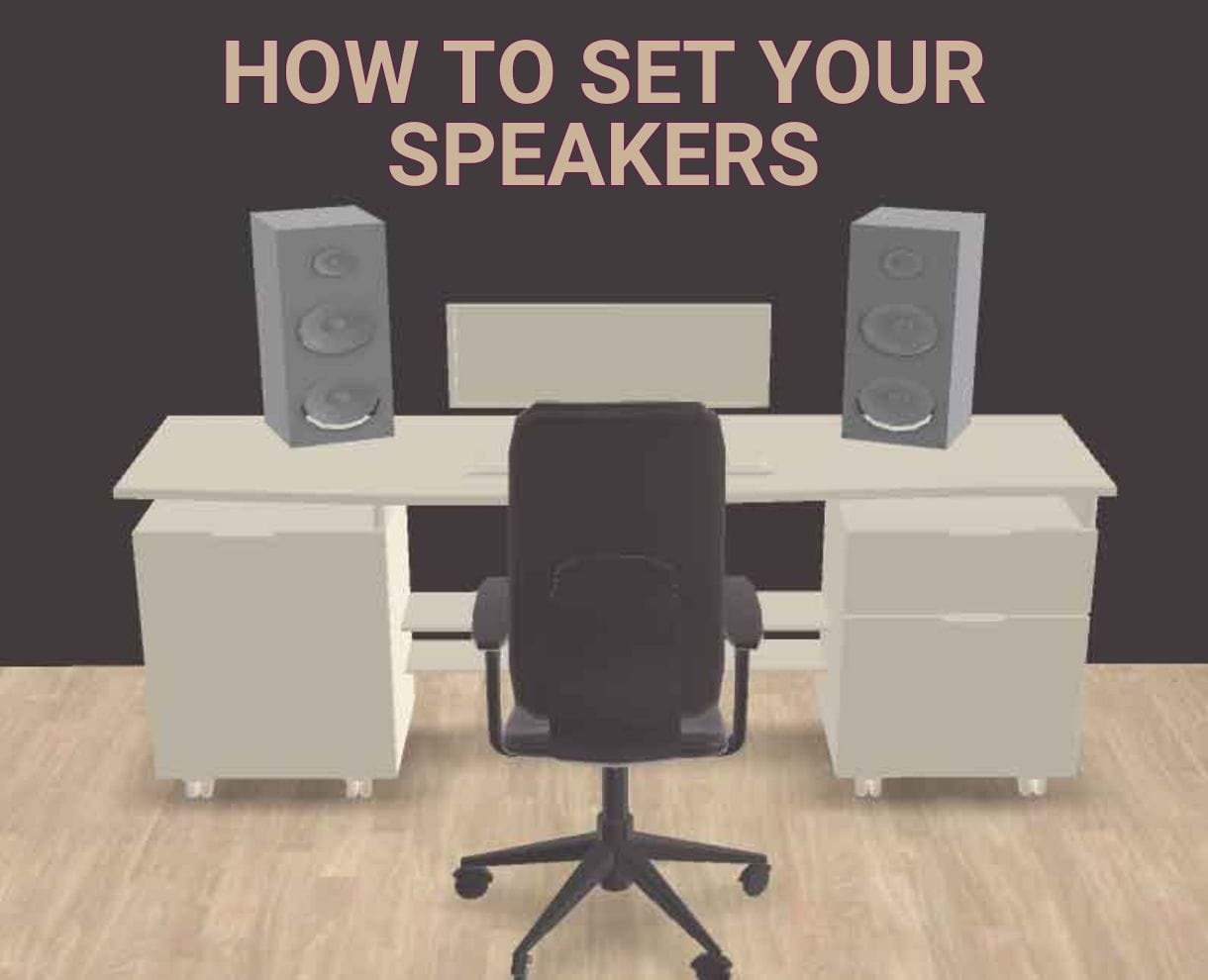
Understanding the Cubase Interface
With Cubase now installed and optimally configured, the most effective way to familiarize yourself with the interface is by importing a sample to experiment with. In the course's second section, you'll gain confidence through hands-on practice:
Understand the SW Interface
How to Import a Sample with Mediabay
How to use Zoom
The Snap and Quantization functions
How to use Locators and Cycle
The Transport Panel
Undo and Edit History
This section will cover the different parts of the Cubase interface to Master the Project Window. You will then learn to customize your Cubase layout. and get to know the Cubase toolbar and menus.
After the introductory sections, you will be fully prepared to begin creating or recording music using Cubase.
Music Production Fundamentals
Music Production Basics
As an EDM producer, the next steps involve mastering sample management and organizing your music library. Learning to match the samples to your song's tempo and use advanced tools like the free warp mode in the audio editor for stretching and correction, is essential.
Songwriters should explore creating chord progressions using a chord assistant tool and enhance vocal recordings with the integrated pitch correction tool, VariAudio. This allows for the creation of harmonies or variations of the lead vocal by editing the original take.
Music writers can benefit from using the score editor and all its advanced notation functions perfect for
film scoring.
Vocal Production Basics
Thanks to an extended set of plugins and editing capabilities, Cubase allows you to record professional-grade vocals. In addition to audio recording, Cubase allows you to create and record MIDI tracks, which can be used to trigger virtual instruments and effects.
You can explore the art of pitch correction and use a variety of vocal effects like the VocalChain, the VoxComp, or the BlackValve to name a few.

Advanced Cubase Techniques
Effect Plug-ins in Cubase
With Cubase, you can enhance your sound thanks to diverse set effects plug-ins already included with the software, avoiding the need to purchase other third-party plug-ins, especially if you are at the beginning.
The professional-grade effects plug-ins offered by Cubase included EQ, dynamics, reverb, analysis tools, saturation effects, compressor, and delay (to name a few).
FYI, you can check the entire Cubase Plugin's reference page here.
Cubase Tutorials and Courses
Cubase Beginner Tutorials
Exploring the web, you'll discover several YouTube channels and specialized forums where users share their knowledge with you.
As we already know Cubase is a beast of a program so trying to learn it by jumping from one article to a video and back-and-forth will confuse your learning process.
However, if this is your preferred way to learn, you will still get insights from experienced music producers and instructors.
In this case, you are kindly invited to start from the HTMEM YouTube Channel.
Cubase Courses for Music Production
On the other hand, a structured Cubase course is the best way to learn how to get the best from this software in just a few hours.
Particularly, courses provided by Steinberg Certified Trainers will ensure you learn how to produce music the right way with the best results in no time.
So consider investing a few bucks in your musical career, save time and headaches, and start producing music effectively the right way.
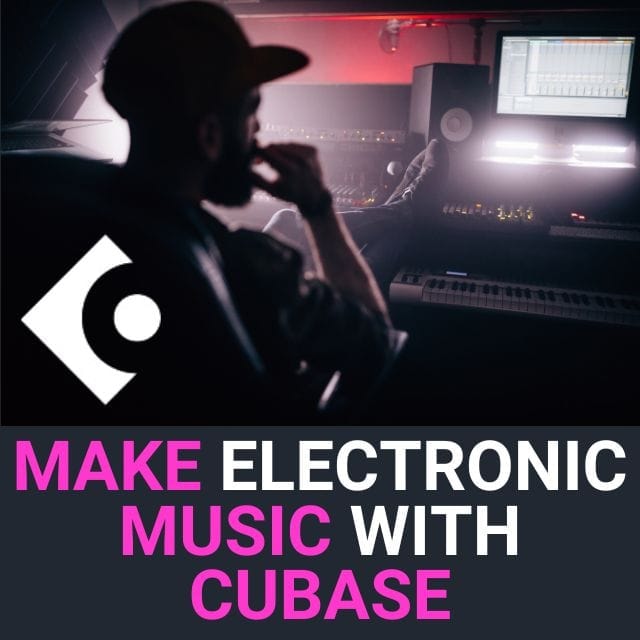
Conclusion
No matter what your preferred way of learning is, whether it's through self-discovery or structured courses, there are benefits to both methods.
By combining the two approaches, you can get a well-rounded education that combines real-world experience with helpful guidance from experienced professionals.
So why limit yourself to just one method? Welcome a holistic approach and unlock your full potential as a music producer.
